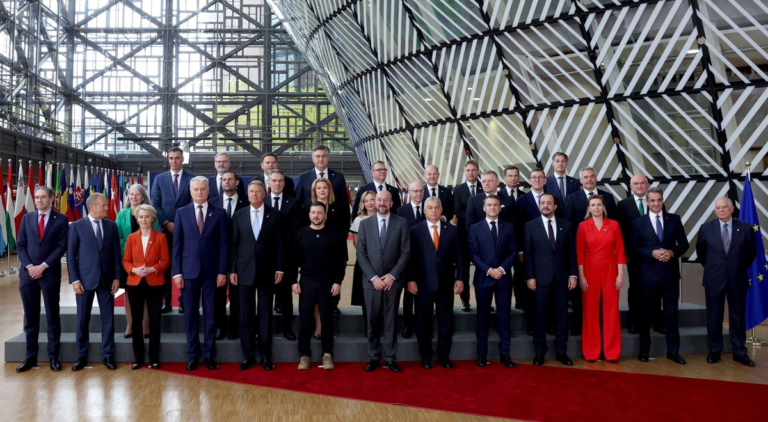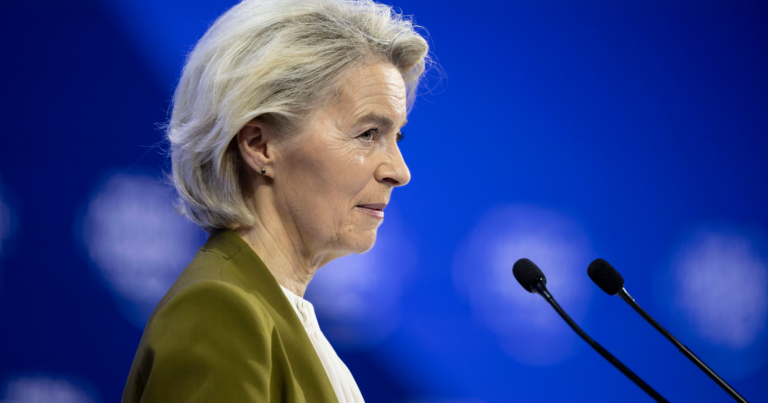In a pivotal move, Hungary has withdrawn its veto, allowing the European Union to renew sanctions against over 2,400 Russian individuals and entities.
Hungary’s Initial Objection
Hungary’s initial resistance stemmed from demands to remove specific individuals from the EU’s sanctions list. The individuals in question included:

Copyright Geert Vanden Wijngaert/Copyright 2025 The AP. All rights reserved.
- Gulbahor Ismailova
- Viatcheslav Moshe Kantor
- Mikhail Degtyarev
- Vladimir Rashevsky
Hungary’s stance led to a series of negotiations among EU ambassadors, with Hungary leveraging its veto power to push for these delistings.
Achieving Consensus
After intense deliberations, a compromise was reached. The EU agreed to remove Ismailova, Kantor, Degtyarev, and Rashevsky from the sanctions list. This concession facilitated Hungary’s agreement to lift its veto, ensuring the sanctions’ renewal before their impending expiration.
Implications of the Sanctions Renewal
The EU’s sanctions encompass a broad spectrum of measures, including asset freezes and travel bans, targeting individuals and entities linked to Russia’s actions in Ukraine. The unanimous decision to renew these sanctions underscores the EU’s commitment to maintaining pressure on Russia amid ongoing geopolitical tensions.
Hungary’s Position within the EU
Hungary’s recent actions highlight its unique stance within the EU regarding sanctions on Russia. While the majority of member states advocate for sustained pressure on Moscow, Hungary’s approach has occasionally diverged, reflecting its distinct foreign policy perspective.
This development reaffirms the EU’s unified stance on addressing the challenges posed by Russia’s activities in Ukraine, despite internal debates and differing national interests.


